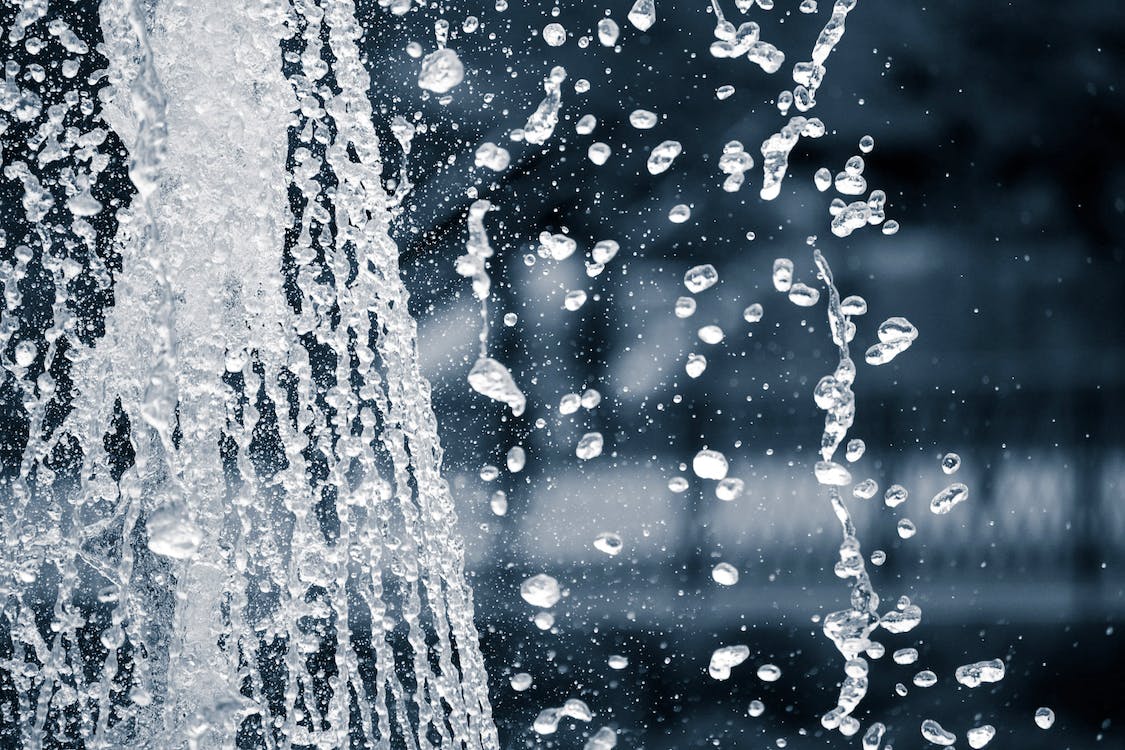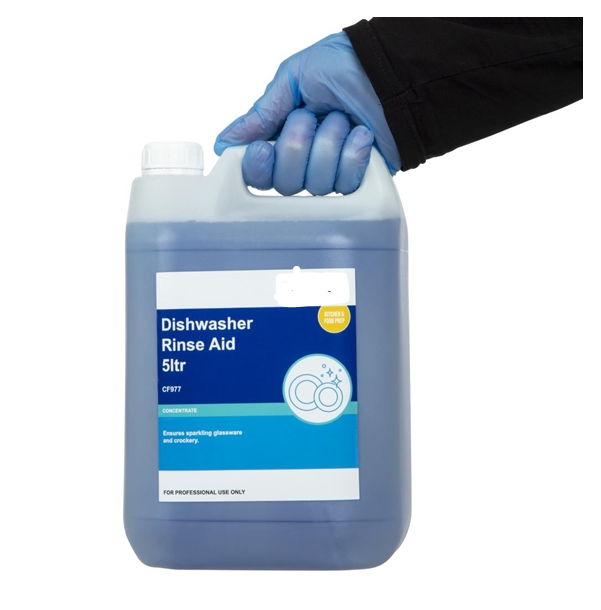
In any foodservice setting, the presentation of spotless glassware is not just a matter of aesthetics but a crucial aspect of hygiene and customer satisfaction. Whether it's pint glasses, wine glasses, tumblers, or cocktail glasses, each plays a pivotal role in the customer experience. Choosing the right undercounter glass washer is essential, but it's only part of the equation. The water temperatures and detergents used are also vital in ensuring your glassware remains pristine and hygienic.
Getting the Right Water Temperature
The water temperature in a glasswasher is a finely tuned element that strikes a balance between effective cleaning and the preservation of delicate glassware. In contrast to commercial dishwashers, which use high temperatures (up to 82°C) to achieve thorough sanitisation, glasswashers operate at much lower temperatures, typically around 63°C. This lower temperature threshold is carefully chosen to ensure that harmful germs and bacteria are effectively eliminated, thus maintaining the highest standards of hygiene essential in any foodservice environment.
The reasoning behind this temperature difference lies in the nature of the materials being washed. Glass, particularly the fine glass used for wine glasses and other speciality drinkware, is much more susceptible to thermal shock and stress than the sturdier materials typically washed in a commercial dishwasher, like ceramics or metals. High temperatures can cause rapid expansion and contraction in glass, leading to microfractures and, eventually, breakages. Over time, this thermal stress can also lead to the clouding of glass, reducing its clarity and aesthetic appeal, which is particularly undesirable in settings where the presentation of drinks is paramount.
Moreover, the thermal resilience of glass varies depending on its quality and thickness. Delicate crystal glassware, often used in high-end dining establishments, is especially sensitive to high temperatures. Therefore, the generally lower temperature of a glasswasher is a protective measure, safeguarding against damage and ensuring that even the most delicate glasses emerge from the wash cycle intact and sparkling clean.
In addition to preserving the physical integrity of glassware, operating at a lower temperature also contributes to energy efficiency. Glasswashers, by working at around 63°C, consume less energy compared to the higher temperatures required in commercial dishwashers, leading to reduced operational costs and a smaller environmental footprint.
Using Detergents & Rinse Aids Specifically for Glasswashers
The detergent used in a glasswasher is not just a cleaning agent; it is a crucial component that determines the quality and clarity of the final outcome. Unlike standard dishwasher detergents, glasswasher detergents are formulated with a significantly lower caustic content. This reduced causticity is essential in protecting the delicate surface of glassware. Regular dishwasher detergents, which are typically more aggressive, can cause etching or clouding on glassware. Etching refers to the minute scratches and marks that can occur over time, while clouding is a form of chemical wear that results in a milky, opaque appearance. Both can irreparably damage the aesthetic appeal of the glassware.
Furthermore, the formulation of glasswasher detergents is designed to prevent the build-up of minerals and other residues. This is particularly important in areas with hard water, where the high mineral content can leave deposits on glassware after washing. These deposits not only mar the appearance of the glasses but can also affect the taste of beverages served in them and kill the widget in glassware that affects the liveliness of the pint or carbonated drink.
The role of a good rinse aid in the glasswashing process cannot be overstated. A rinse aid’s primary function is to lower the surface tension of water, enabling it to flow off glass surfaces more easily during the rinse cycle. This prevents the formation of droplets, which can leave behind streaks and spots as they dry. The right rinse aid ensures a streak-free finish, eliminating smears or unsightly white watermarks that are often left by hard water. These marks, caused by the deposition of minerals like calcium and magnesium, can detract significantly from the visual appeal of glassware.
In conjunction with a suitable rinse aid, the use of a water softener can greatly enhance the quality of the wash. Hard water, due to its high mineral content, can hinder the effectiveness of detergents. Using a suitable water softener works by removing these excess minerals, thereby allowing the detergent to perform more efficiently. This not only leads to clearer, more sparkling glassware but also prolongs the life of the glasswasher by preventing scale build-up inside the machine.
In essence, the meticulous selection of a detergent and rinse aid for glasswashers is imperative. These products work in tandem to ensure that the glassware is not only clean and hygienic but also maintains its clarity and brilliance over time. This attention to detail in the choice of cleaning agents contributes significantly to the overall dining experience, showcasing the establishment's commitment to quality and excellence.

Can I Put Glasses in a Commercial Dishwasher?
A common question in many foodservice establishments is whether it's acceptable to wash glasses in a commercial dishwasher. The answer, in most cases, is no. There are several reasons for this. Firstly, glasswashers typically have shorter wash cycles, which are tailored to the more delicate nature of glasses and to limit the potential for corrosion. Secondly, the higher rinse temperatures in dishwashers can cause damage and cracking to glassware. Lastly, the water jets in glasswashers are configured to align with baskets full of glasses, ensuring even coverage and an expert clean. In contrast, dishwashers are designed with plates and other kitchenware in mind, and their cleaning jets may not reach all areas of a glass, potentially leaving residues or spots.
Buying the best glasswasher, along with the correct water temperature settings and specialised detergents and rinse aids, is fundamental in maintaining the quality and hygiene of glassware. This attention to detail not only enhances the customer experience but also contributes to the longevity and presentation of your glassware, reflecting the overall standard of your establishment.


